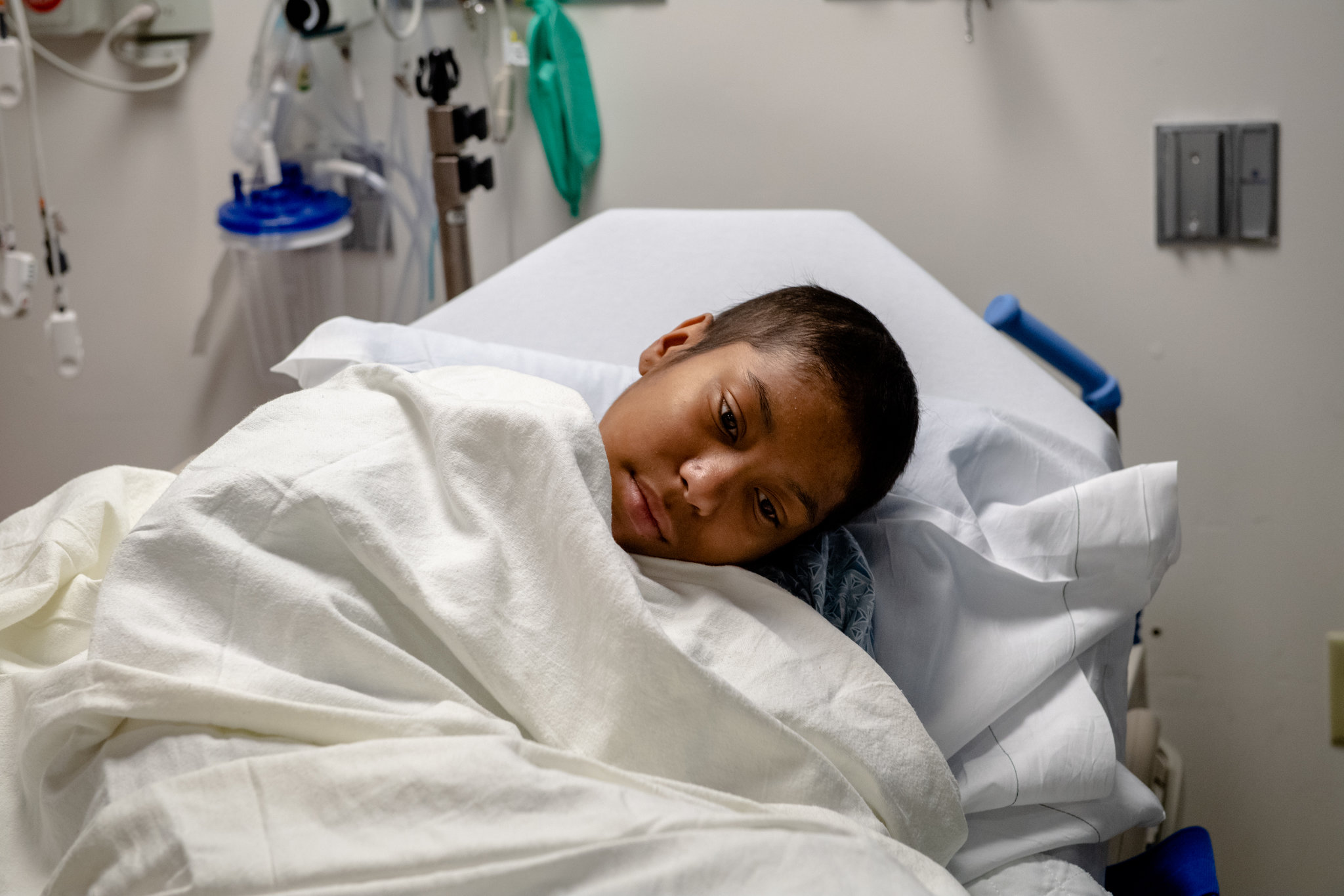Winning the battle against Sickle Cell Anaemia


The disclosure by the Coalition of Sickle Cell Non-governmental Organisations in Nigeria that at least 150,000 children are born with sickle cell disease in Nigeria every year, while about 40 million Nigerians are healthy carriers of the sickle cell gene, has heightened the need for all hands to be on deck to checkmate the disease.
The condition can cause extreme pain, life-threatening infections and other complications such as stroke or loss of vision. The disease can interfere with many aspects of the patient’s life, including education, employment and psychosocial development. Despite the disastrous consequences, they do not receive adequate attention.
In particular, the sources of funding for the fight against these diseases and the technical partners involved are insufficient.
The burden of blood-related diseases could be considerably reduced if cost-effective preventive and curative measures and interventions are implemented in a balanced and coordinated manner.
Some years ago, Ministers of Health from the WHO African region adopted a regional strategy to combat sickle cell disease and in some countries where sickle cell disease is a major public health concern, control programmes do exist. However, these have neither the national coverage nor basic facilities to manage patients. Systematic screening for SCD using a simple blood test is not a common practice, and diagnosis is usually made when a severe complication occurs.
Counselling and prevention of causes and infections are simple measures not readily accessible to most patients. As a result, the majority of children with the most severe form of the disease die before the age of five, usually from an infection or severe anaemia.
We are of the opinion that there is an urgent need to tackle the disease. We must continue to make effort so that together with our brothers and sisters from other continents, we can win the noble fight against blood diseases in Nigeria and Africa.
Nigeria sliding because judges are afraid to discharge their duties says Wike
Our States alone, without the precious support of partners, will not be able to cope with information, communication, education, screening, case management and also basic research in this field.
SCA is a significant and under-recognised global health problem, and with new SDG efforts focused on ending preventable deaths of newborns and children under the age of 5 it is essential to specifically include SCA in that effort. With increased availability of POC diagnostics and inexpensive and highly effective treatments, such as hydroxyurea, simple efforts can result in millions of lives saved.
Pediatricians have the unique opportunity to be leaders in improving the health of children not only in our local practices, but also across the world. Increasing the visibility and advocacy for less commonly recognised childhood health conditions, such as SCA, can lead to important changes and provide an opportunity to save millions of lives.







